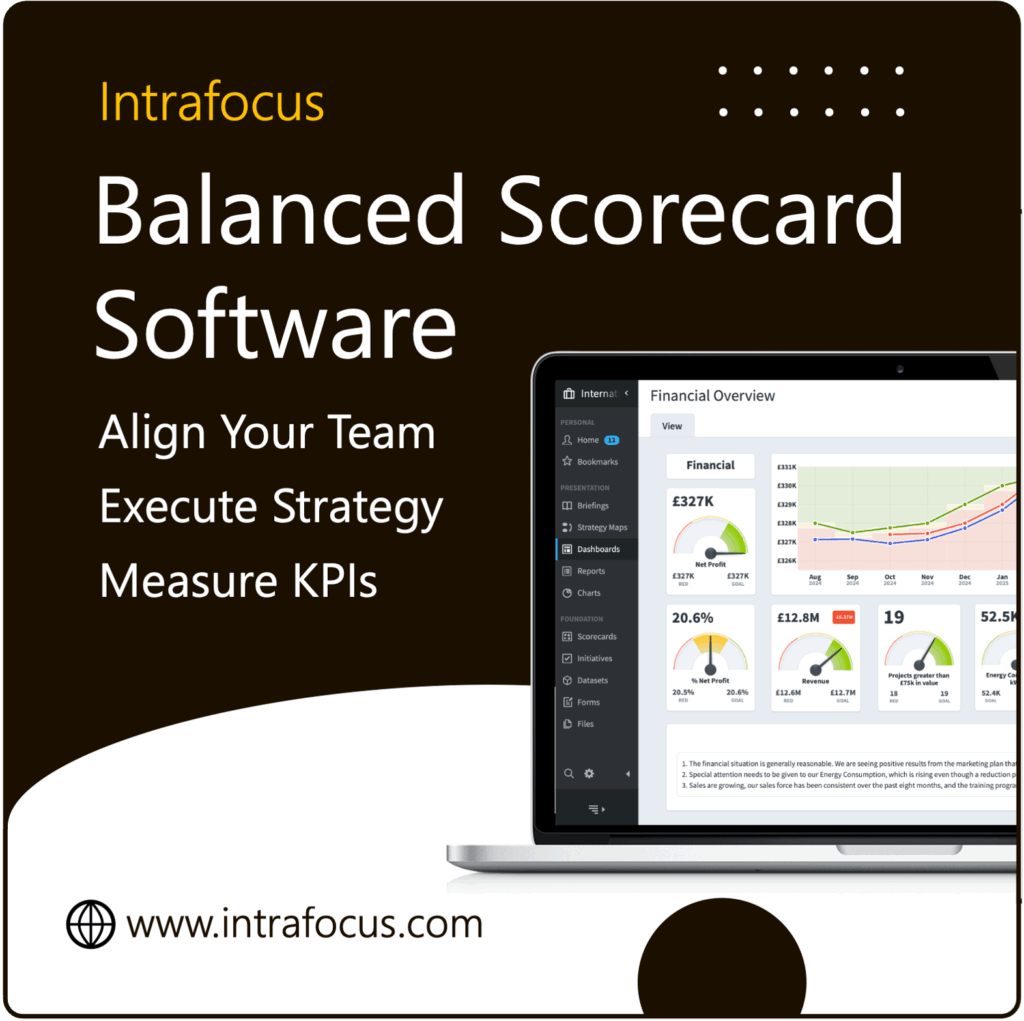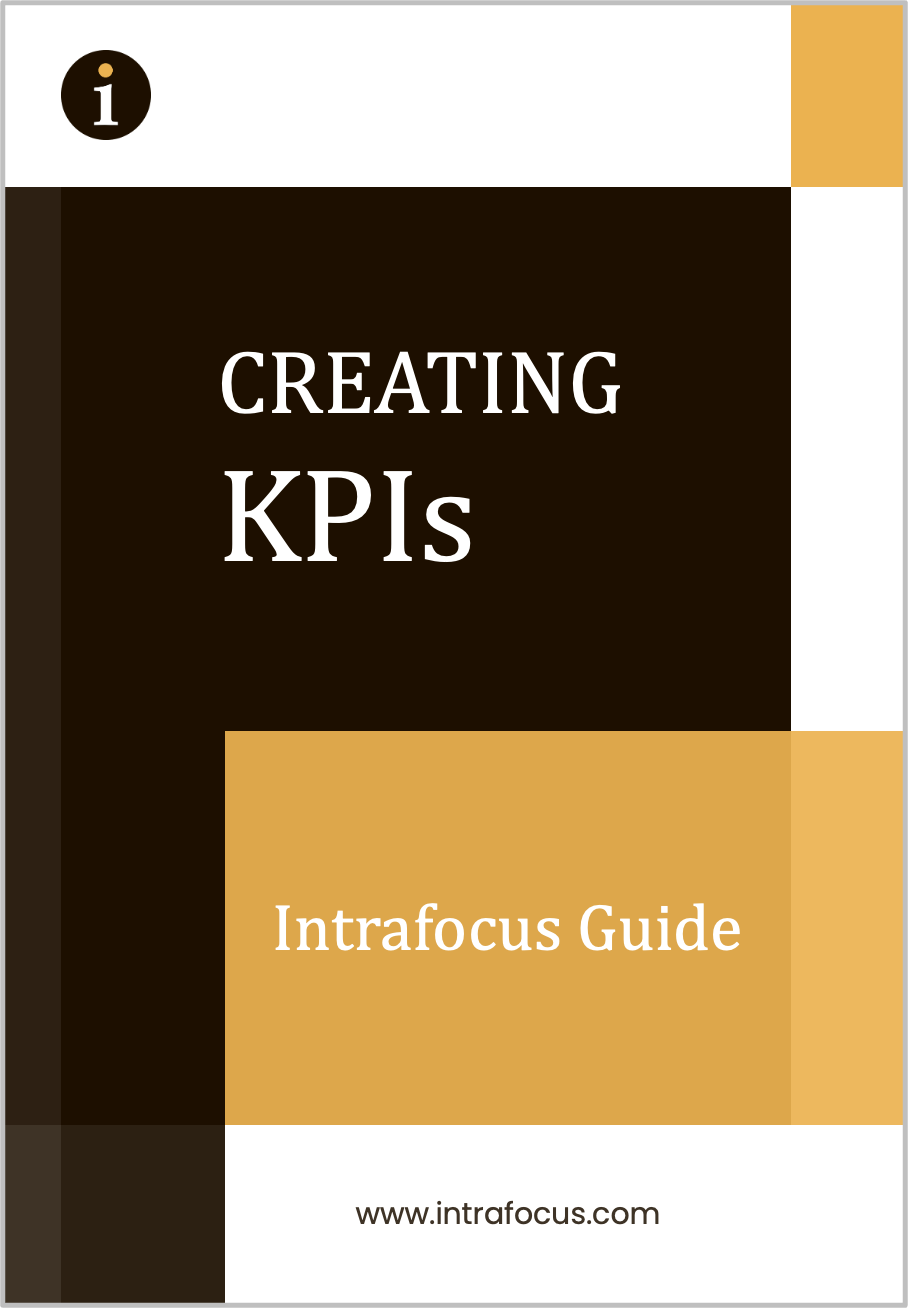Love them or hate them; the fact is ‘executive incentive’ or bonus schemes are here to stay! Today, we’re going to look at best practices and how to get the most from incentive plans by linking them to your business strategy and adding the necessary measurement processes.
How do executive incentive schemes work?
These bonus schemes are usually calculated against performance – both at the company and individual levels. For example, 30% of the bonus might be calculated against company profits for that year, 20% on company revenue, 20% on compliance, 10% on health and safety and 20% on people management. As the executive operates at a level necessary to direct and influence the results of these key areas, he or she has a powerful incentive to perform highly – especially as these schemes can be very attractive and based on a percentage of annual salary.
The challenge of executive incentive schemes
The rationale behind these schemes is sound. Senior individuals can earn an attractive bonus if they perform – and by doing so, influence the company’s performance. However, the makeup of these schemes varies according to company needs, and these needs change every year. To add further layers of complexity, each incentive category may have several measures attached – all of which need to be tracked and accurately measured.
Traditionally, incentives are set at the beginning of the year, and the result is calculated at the end. This can make it very difficult to calculate the bonus sum if the underlying objectives of the business have to change mid-year for any reason. Also, traditionally, very little feedback takes place during the year, so responsible executives may find that they are not hitting the mark with their focus areas – and lack the insight needed to change course or tactics and pivot towards better outcomes.
What is needed in today’s rapidly changing, dynamic and data-driven world is a true incentive plan that works for the business, is responsive, and drives the right performance outcomes.
How Spider Impact can help
Interestingly, Spider Impact is widely used across several larger organisations to achieve this goal. It’s a powerful strategy management system that has also shown itself to be ideally suited towards this kind of executive incentive scheme management and tracking. The system’s strengths align perfectly with these core purposes – strategy and bonus management (which are closely linked by their very nature.)
Spider Impact offers various benefits to businesses, such as:
- Management of KPIs (at any level of the organisation. For executives, these can be departmental KPIs for which they will be responsible – and for which their bonus will be calculated.)
- Rich and immediate data, tailored to individual preferences and updated in real-time – again, perfect for assessing progress towards bonus-critical objectives.
- Detailed scorecards and automated reports that evidence progress and attainment (or areas that require immediate focus.)
- Clear ownership of objectives, tasks and KPIs, clarifying ownership for bonus allocation purposes.
- Creation of linked projects and initiatives to ensure executives work together collaboratively to achieve overarching strategic goals.
Spider Impact has been designed to support business strategy by managing its processes and data in a powerful, immediate and intuitive way – all via the cloud for ‘anywhere, anytime’ access.
And these same powerful strategy processes and management capabilities provide the insights, data and evidence to measure progress towards bonus-critical goals and objectives and then calculate those ultimate bonuses. The system also ensures that business executives have the information they need to achieve their stretch goals at the touch of a button. Business decision-makers need no longer be in the dark about strategic goals, progress and attainment – and the impact on their executive incentive pay.
Good practices
Be appropriate and responsible.
The shadow of the leader concept very much applies here. Your business will have a number of senior executives and – usually – a far larger number of subject matter experts, managers and general high-performers. Executive bonus schemes can be seen as an incentive to progress within the organisation – or a matter of contention if they are viewed as excessively rewarding by other employees. Industry and competitive benchmarking can be helpful here to set a fair, appropriate reward scheme that is seen as being proportionate by employees – and also by customers, who may well have a view, especially in the current economic climate.
Be fair
Bonus schemes should also filter across the entire organisation. After all, executives and directors can only achieve their results through the efforts and performance of their teams. So invest in a clear, sound and fair bonus scheme that applies to every employee and works along similar lines, splitting bonus payments by individual, department and company-wide achievements against objective goals and measures.
Manage schemes carefully
Managers must manage progress towards bonus payments via your company’s performance management framework. This will usually mean a regular meeting between direct reports and their managers and a recorded update of progress to evidence status and to give employees the best chances of achieving their goals and targets for the year – in line with the business strategy.
Communicate
Great communication must underpin these bonus schemes for them to be successful. This means being clear about the process used to calculate payments (an objective, transparent process), engaging widely with the business to communicate its aims and scope, and creating excitement in the bigger picture – the attainment of the wider business strategy that unlocks bonuses as a whole.
Think ‘reputation’
Today’s business customers and stakeholders want to engage with ethical, values-led businesses and are ready to play their part in the communities they serve. An all-staff bonus scheme encourages a healthy employer brand, but consider how else you can show your commitment to employees – at all levels – and to other stakeholders by investing in CSR campaigns, volunteering, charitable giving and so forth. Business reputation matters today, and this means considering the broader, holistic picture of how you reward and act as a good, ethical employer.
Invest in the supporting systems
Spider Impact can help you manage your business strategy processes, data, and executive incentive scheme. To find out more, take a look at Spider Impact.



